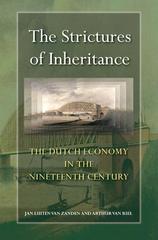Question
During the 1990s, the Jamaican hotel industry was one dominated by three players: Sandals, RIU and Grande Bahia. The three firms have further distinguished themselves
During the 1990s, the Jamaican hotel industry was one dominated by three players: Sandals, RIU and Grande Bahia. The three firms have further distinguished themselves in niche categories such that Sandals offers discounts for children under thirteen, RIU is an adult only hotel and Grand Bahia caters specifically to couples. It is an increasingly competitive market whereby firms are fighting just to maintain current market share. However, when new firms attempted to enter the market, the main players had an unspoken agreement to keep prices within a certain range to ensure they maintained their stronghold in the industry. Since the early 2000s, there has been a rise in the availability boutique hotels as well as bookings via Airbnb. As a result, the three main players have seen a reduction in their market share as tourists have gravitated to these more cost-effective options. i. State what market structure exists in the hotel industry in Jamaica during the 1990s. Can excess profit be earned in this industry in the long run. Explain. ii. How would you describe the economic phenomena that has occurred through the unspoken agreement between the main players in the hotel industry? Explain ONE advantage and ONE disadvantage of this phenomenon. iii. State what market structure exists in Jamaica since the early 2000s. Explain if excess profit will exist in the long run. iv. Illustrate and describe how equilibrium demand and supply is determined for the hotel industry in the long run since the early 2000s.
Step by Step Solution
There are 3 Steps involved in it
Step: 1

Get Instant Access to Expert-Tailored Solutions
See step-by-step solutions with expert insights and AI powered tools for academic success
Step: 2

Step: 3

Ace Your Homework with AI
Get the answers you need in no time with our AI-driven, step-by-step assistance
Get Started


